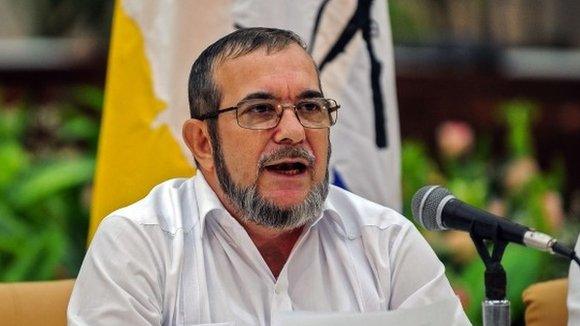Farc ceasefire 'to end' as peace talks resume in Cuba
- Published
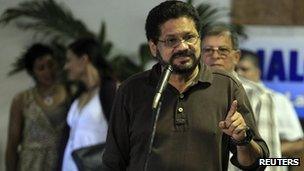
Farc negotiator Ivan Marquez says there will not be any extension to the ceasefire
Colombia's Farc rebels have said their ceasefire will be suspended on 20 January, as initially planned.
The announcement came as peace talks between the rebels and the Colombian government resumed in the Cuban capital, Havana.
Both parties have hinted at speeding up the pace ahead of the unilateral Farc ceasefire deadline.
The talks aim to end five decades of an armed conflict that has killed hundreds of thousands of people in Colombia.
Some fear fresh Farc attacks in Colombia may hamper the negotiations.
But the rebels' chief negotiator, Ivan Marquez, has ruled out an extension of the ceasefire.
"The unilateral ceasefire ends on January 20," Marquez told AP news agency. "That's it."
President Juan Manuel Santos's government has stated that both sides must come to an agreement by November.
But the rebels say the issues are too complex to allow for a deadline.
'Shared belief'
The basis for a deal may be found in the shared belief that the huge inequality in land ownership in the country needs to be tackled, says the BBC's correspondent in Colombia's capital Bogota, Arturo Wallace.
The Colombian government refused to cease military operations during the negotiations, arguing that rebels would use the opportunity to rearm.
There have been clashes since the Farc announced the ceasefire in late November.
The negotiations were launched in Norway on 18 October, before moving to the Cuban capital a month later.
The Colombian government says the final aim of the negotiations is to get the rebels to abandon their armed struggle - which began with the founding of Farc (Revolutionary Armed Forces of Colombia) in 1964 - and join the legal political process.
- Published14 January 2013
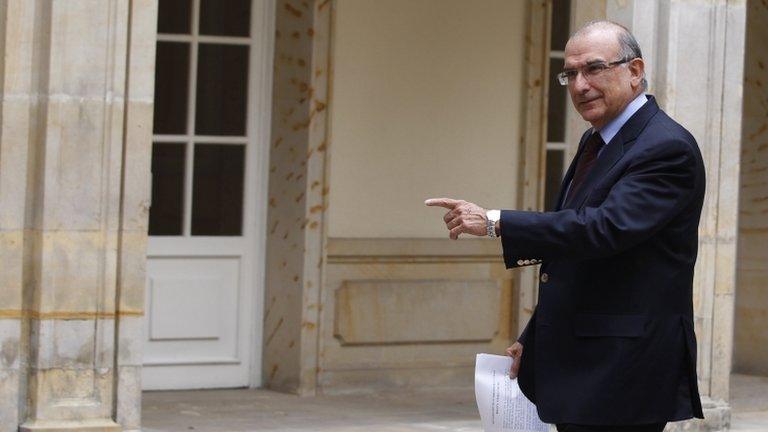
- Published18 October 2012
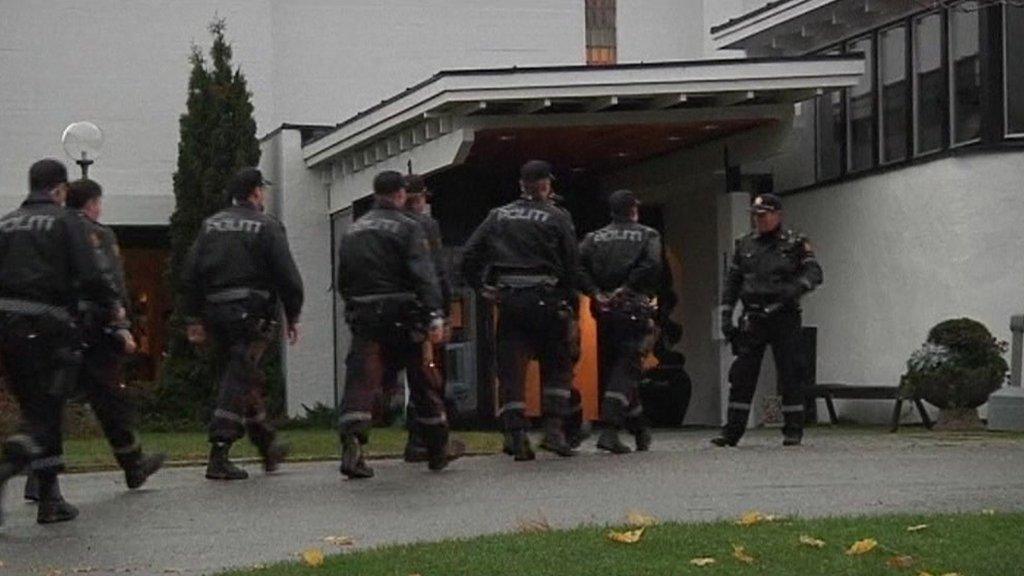
- Published19 November 2012
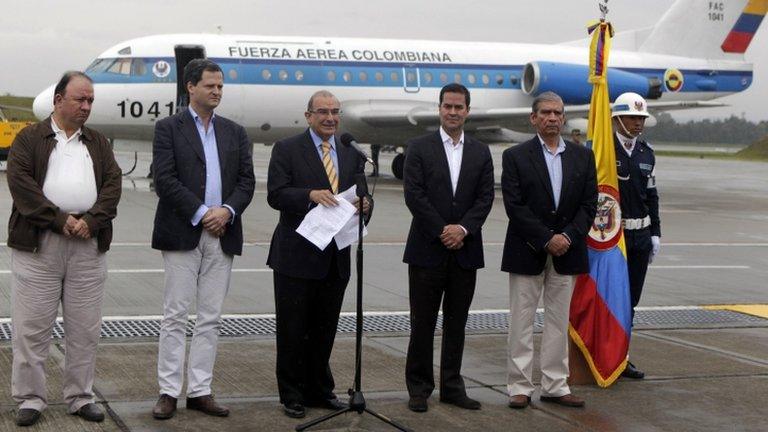
- Published24 September 2015
